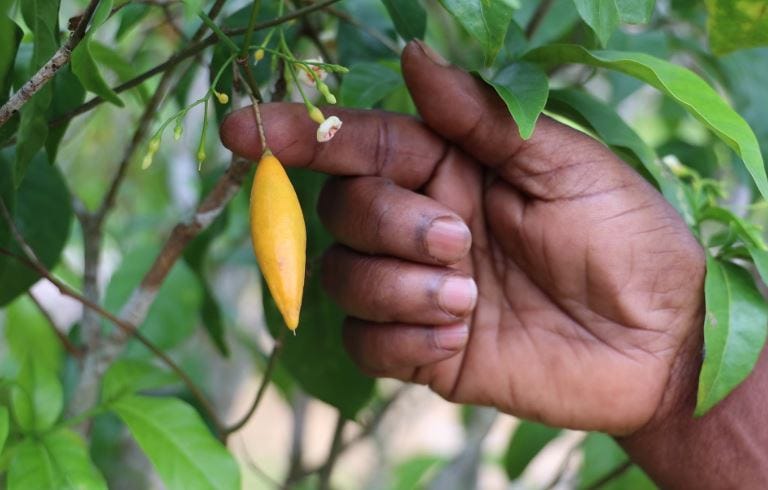
Ibogaine is a hallucinogenic drug that - of all things - is getting attention as a treatment for drug addiction. Being plant-based gives ibogaine a certain attraction in the eyes of some.
Ibogaine is powerful and requires cardiac doctor participation to safely administer. The hallucinogenic effect is dreamlike and plays out in two phases, visionary and introspective, over a period of 4-6 hours.
The Introspection Phase: Where Healing Begins
The second phase, the introspection phase, is responsible for the psychotherapeutic effects. It has allowed people to conquer their demons and negative emotions. Ibogaine induces an altered state of consciousness reminiscent of dreaming while fully conscious and aware so that memories, life experiences, and issues of trauma can be processed with the help of a professional.
The Debate: Success Stories vs. Safety Concerns
There is a cohort of people who report instant, ongoing success in recovery from opioid addiction after a single ibogaine treatment. Apparently, they slayed their dragons and were able to move forward unburdened. Or at least less burdened.
There is also real concern about the safety of ibogaine, especially cardiac failure. Insufficient efficacy and safety data exist to win FDA approval. As a result, ibogaine is classified as a Schedule 1 substance and is illegal in the US.
The US state of Georgia made significant progress towards legalization for drug treatment and then halted efforts after a change in political leadership. Attempts in Texas to gain legislative approval for ibogaine for addiction treatment have not been successful.
Is Ibogaine a Silver Bullet?
So what to think of all this? Do we have an addiction silver bullet right under our nose? Or is the idea of using hallucinogens to treat addiction ridiculous on the face of it?
Disclaimer: This content is for informational purposes only and is not medical advice. Always seek professional help when addressing addiction and recovery.
I don’t go in for silver bullets when it comes to addiction. Success in recovery is a process, not an event. We talk a lot about that here in Lessons From Addiction.
Two Important Considerations
First is the all-important difference between the disease of addiction and substance abuse (including chemical dependency), which has roots in psychology rather than chemistry. If root causes of substance abuse are things like unresolved psychological pain or out-of-control coping behavior, maybe a breakthrough resolving underlying issues could be accomplished with ibogaine. Maybe.
It is a different story for the person with the disease of addiction and associated malfunctioning brain chemistry. There are claims that ibogaine can “reset” brain receptor cells, reducing cravings and breaking the addiction cycle. I have my doubts. It does not seem likely that a hallucinogenic trip would repair an organic brain chemistry condition. If somehow cravings were reduced, is the next step to rationalize that the person with the disease of addiction can go back to drinking or drugging?
Rationalizations that end up suggesting the person with the disease of addiction can use again don’t make sense to me. Don’t believe it.
If you have the disease of addiction, get clean. Adopt a lifestyle, and work your program, to stay clean. It is the only way for you to stay healthy. It can be done. You can do it.
Technology and Brain Chemistry: What Lies Ahead?
Second is technology and how little we really know about brain chemistry. Currently, prescribing psych meds is a guess, guess again - repeat game. It is a crazy process (pun intended). Maybe over time we will be able to better understand brain chemistry and how it affects the way we experience life. Perhaps technology will emerge that allows us to repair errant brain chemistry for people with the disease of addiction. Crazier things have happened.
Conclusion
Ibogaine raises interesting questions, but addiction recovery is built on daily commitment, not quick fixes. Stay true to your journey. Work your program. One day at a time.
With love and support,
Craig
Craig A. Williamson
Lessons from Addiction
lessonsfromaddiction.com



